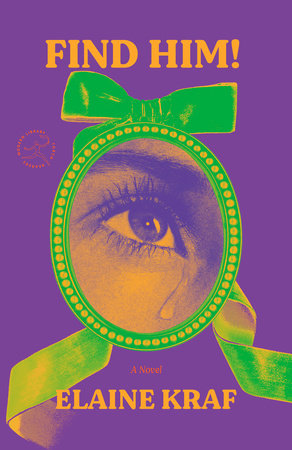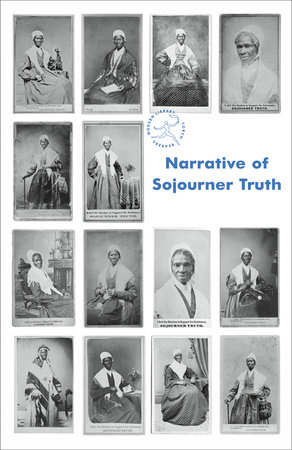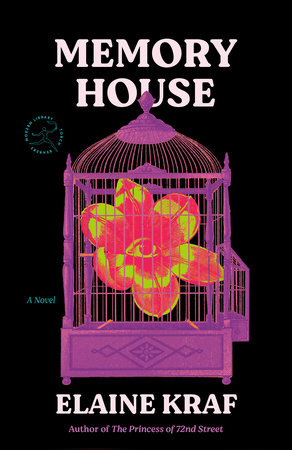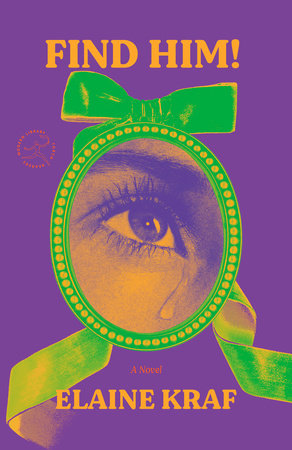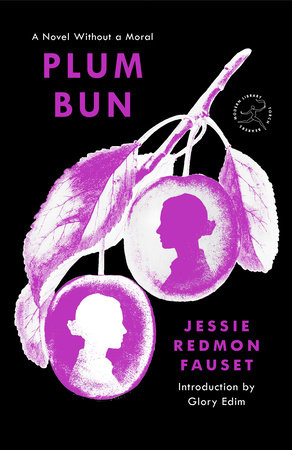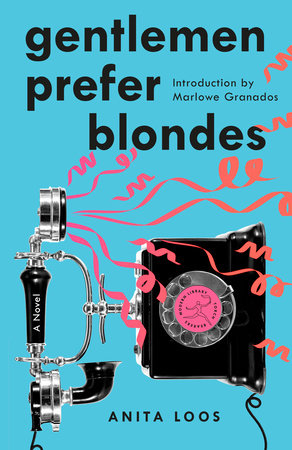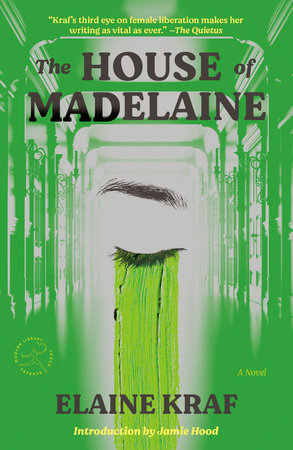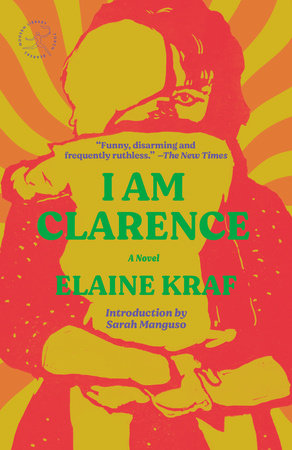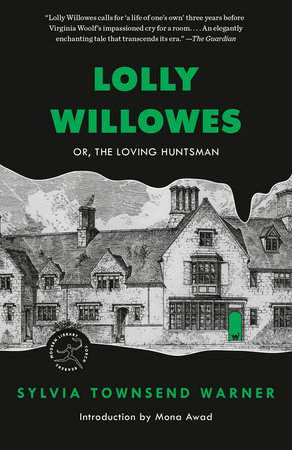Excerpt
Find Him!
The first word I remember is the word “chew.” Fat fist clutching the handle of a large spoon, up in into my mouth, covered with black hairs, gray ones and random brown dots is what my eyes remember of their first consciousness. Obediently my mouth opened with eyes to a collection of hot colors. Out came something unpleasant to my tongue—it was hard, lined down and wouldn’t slide. “Chew.” Persistently he replaced the brown thing on the spoon. Loudly, “Chew.” I spit it out again. Realizing at last that I did not understand, he gave a demonstration. Not with his own teeth; he knew that looking at things and understanding them was beyond my abilities. Neither gently nor roughly he opened and closed my mouth. Using two hands he knocked my teeth together—“rach rach”—my eyes shut also. I didn’t like it. He continued—“rach rach”—threw it into my mouth between crashes—that brown stringy thing, cold and hard. “Chew.” He moved my jaws together manually while juggling the meat into the proper position. I gave him a deep bite on his thumb and forefinger. “Chew.” His pain was well worth it because at the instant my teeth bit into his flesh, I understood the lesson. Smiling, not knowing or noticing his pain, I proceeded to pick out other pieces of the brown stringy meat from the pot of colors. And I chewed deliberately with satisfaction. He smiled. At that time, prior to my becoming a person, my achievements were his own—he patting my head and laughing. I smiled as he held me on his lap singing “Chew chew chew,” while bouncing his knee in rhythm. We were happy in those early months when I was learning the rudiments of ingestion, control of excretion and simple commands—days when I flickered awake for a second seeing a fingernail or an ear. Music in those early recognitions. I cry for then when I had no existence and did not even realize that my body belonged to me. Few adults are so privileged to begin in this manner. OLIVER. Few adults have begun their existence with only Oliver’s assistance. And in spite of what came later, I would not change places with anyone on the entire earth. None!
It is important to me, the beginning. I remember it in detail with my eyes, with my tongue then then—fat fist clutching the handle of a large spoon, up in into my mouth hot colors—soft pale green leafwings, round orange flowers wet with yellow in the center, and those hard pieces of brown composed of thick threads lined down that had to be chewed. Chewing and swallowing are my own now, done alone or in the company of others. Nothing tastes as good. It is my own business like so many other things. But then I was Oliver and my eating was our business—one of the things that we later lost, slipping away as everything.
Understand my beginning with Oliver. You will see that my love for him is not a romantic fantasy. Every bit of this love was formed from the reality of primary needs—ingestion, excretion, simple pleasure and pain.
I am inviting YOU to enter and eat the feast that OLIVER and I created. In order to do this, you must abandon your world, at least temporarily. I hope that you will be able to understand what I am talking about. It will not be easy for you. I appreciate this because I have tried and failed to understand your world: your vocations, customs, social divisions, politics and wristwatches. Oliver taught me something about the society outside our walls but he never prepared me for its complexity. I am a woman from another star. Someone returning from another century would not have been as alienated. I read a lot. Not about way back when it was all being made by someone or falling together like a big accident, but about after that, century to century, B.C. to A.D. The differences between people from one century to another are not as great as the differences between any people of any time and myself. There were always groups not just two except for Adam and Eve and that might even be a poem. Except for Adam and Eve there were always groups, special ceremonies, looking for food, fighting for land, worshipping, paying for things, laws and burials for everyone, the right clothing, horses or ships, and fairy tales. But I came into existence with one man and had no contact with any society—knew only what I learned from him. He, Oliver, was my culture and my society. We had no horses.
•
The exact date or hour of my appearance is forever out of my reach. I have no knowledge of how I arrived or why. Even the physical manner of my entrance is a mystery since there were no doors in Edith’s house. There was no Edith there either. Yet that is not entirely true. (Things can be both true and false, you know, despite logicians.) But I will try not to confuse you. I never made her acquaintance, in the way that I might meet you in the grocery store and introduce myself, although I lived in her house for three years and gradually discovered her importance to Oliver.
Here it is dark and light dark and light
Crosshatched patterns on the floor move
Then disappear or a light flashed over or
Turned on by shuffling feet not the same
Away a yellow balloon half-deflated with
A shadow on its left lies on a windowsill
Right in the center every morning wings of
Real silver birds flap up and down forever
Not there
Since I had no identity, no ability to think or speak, how can I believe in any existence prior to the one into which I first opened my eyes? But I was already an adult at the time of my appearance. Logically it would seem I had a past. Of what significance is a logically assumed past when I can experience nothing of it, can remember nothing before my three years with Oliver. How I arrived, how Oliver reacted to my arrival—these are things that will never be clear to me, although I have some theories about the latter question. If there was any name or identification on my body when I appeared, Oliver never disclosed this to me. No name. Perhaps he did not consider a name important—my Oliver ignores many things. He has his reasons. If he destroyed my identification, I trust that it was after careful consideration and for the best.
My early memories are diffuse; I have already told you of the hand with the spoon. That is my first clear memory. It is important and remains with me more vividly than later things—the taste of the hot vegetables, some fibrous and bitter, others fragrantly pliant, the tough brown meat I chewed, and ever always the taste to my teeth and tongue of Oliver’s metallic, saltysweet fingers.
There are so many things I must guess. The first memory of the hand and spoon occurred some months after my arrival. My mind lapsed often—slipped backward into soft-wet non-differentiation. Everything, nothing, secret. Again a kind of awareness, my eyes focused, saw Oliver walking slowly toward his room, always away—my wide stare without comprehension hurt. Then I ran softly down the long hallway pulling at his shirt from behind. (Perhaps I feared his disappearance even then.) Slowly, so slowly Oliver became aware of my tugging and of the low sounds I made—“Oomah . . . geeeh, geeeh, geeeeeeh . . .” He turned toward me—always at the last instant before going into his room—patted my head, looked. Then the door closed. Away. Until I slept or until he came out again, I lay near his door. “Geeeeeeh.” Even then, before I could understand or think, I felt some kind of anguish or discomfort when Oliver was not near me. I feel this now, although I know what it means and how to interpret it. It is the exact feeling now, only changed by words inside. It was a feeling that I was to know in hundreds of variations before his final disappearance.
•
The garden is something which never existed. Not until Oliver disappeared. After that, the garden came into my brain like a fever hallucination.
It is through a garden that I am walking with my eyes closed. The air is sweet and full of water. This wetness I feel on my bare feet as they sink into soft tufts. My toes experiment and pull up pieces. I am happy swimming in floral scents, knowing no names. Oliver comes. He holds something near my nose and a sweet gush makes me dizzy. It tickles. He rubs it against my cheek and it feels like Oliver’s whisper. Frightened when Oliver’s fingers try to open my eyes, I squint tightly. But finally when he has stroked my eyelids and kissed them with the petals or with his lips, they open up. Then I fall into the soft grass and cry with delight seeing each piece green, each insect. Up above is blue. “It is a garden,” Oliver says, smiling. I am smiling also, wanting to find the heavy smell that made me giddy. It is in Oliver’s hand—a bunch of purple that I tear apart in my joy and smell and try to eat. Oliver lifts me up high and we twirl around in the blue. Round and round. “Show me everything,” I plead as Oliver turns to leave. “In time,” he answers. We leave to come back again.
I can keep this garden—Oliver’s and mine—as long as I want to, as long as I live. This is because it never existed. Would he understand if he knew, if I could tell him? The wonderful thing about this garden is that it becomes more real, more precise each time we visit it. It is not a dream. I do not dream. It is a creation I make up in the daytime right now.


